Addiction Treatment Blog
- What We Treat
- Programs
- Detox Placement
- Animal-Assisted Therapy Program
- Veterans Treatment Program
- Partial Hospitalization Program (PHP)
- Intensive Outpatient Program (IOP)
- Outpatient Program (OP)
- Medication-Assisted Treatment (MAT)
- Dual Diagnosis Treatment
- Faith Based Recovery Program
- Relapse Prevention
- Individual Counseling
- Intervention Service
- Therapies
- About
- Blog
- Contact
- What We Treat
- Programs
- Detox Placement
- Animal-Assisted Therapy Program
- Veterans Treatment Program
- Partial Hospitalization Program (PHP)
- Intensive Outpatient Program (IOP)
- Outpatient Program (OP)
- Medication-Assisted Treatment (MAT)
- Dual Diagnosis Treatment
- Faith Based Recovery Program
- Relapse Prevention
- Individual Counseling
- Intervention Service
- Therapies
- About
- Blog
- Contact
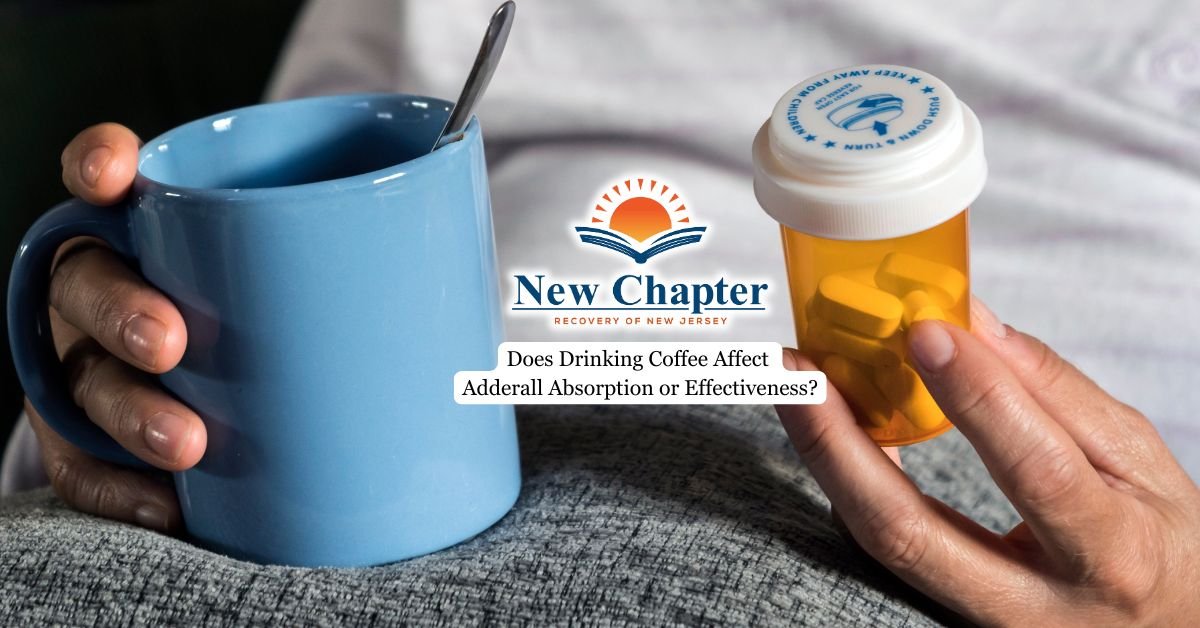
Does Drinking Coffee Affect Adderall Absorption or Effectiveness?
Coffee doesn’t significantly affect Adderall absorption or effectiveness, but combining the two stimulants may increase side effects like anxiety, jitters, and insomnia.
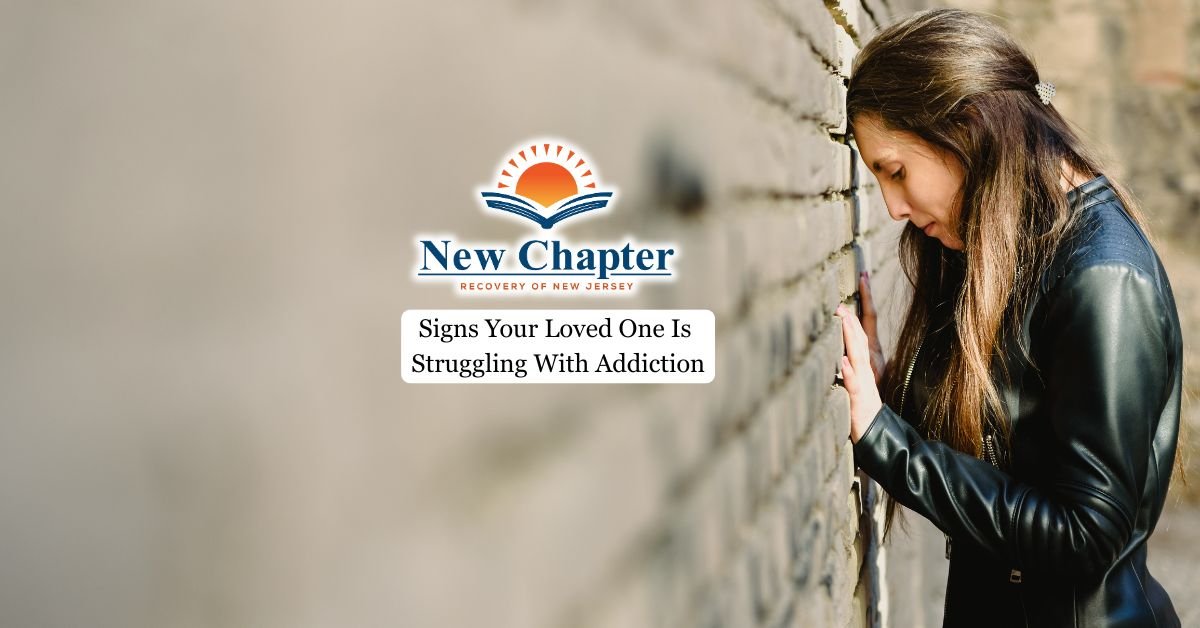
Signs Your Loved One Is Struggling With Addiction
Addiction can be hard to detect, but recognizing the signs early can help you support a loved one. Learn the 10 key signs of addiction, its impact, and how to guide them toward treatment and recovery.

How Successful Are Drug Rehabs?
Addiction recovery is complex, but drug and alcohol rehab programs significantly improve success rates. Learn how treatment duration, support systems, and personalized care influence lasting sobriety and relapse prevention.
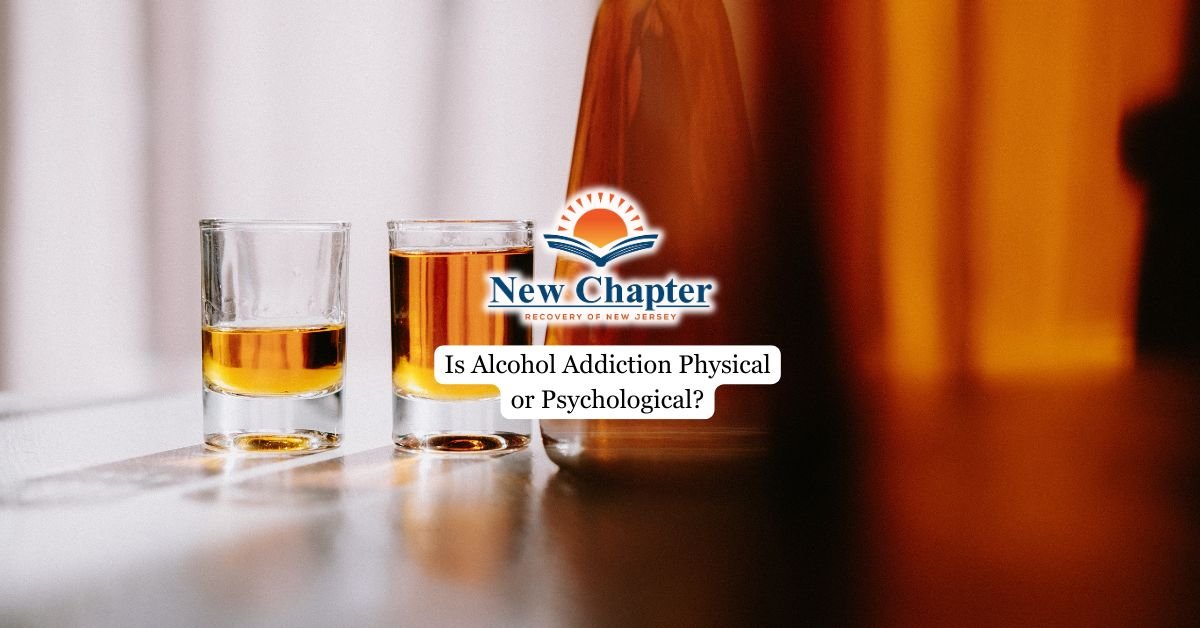
Is Alcohol Addiction Physical or Psychological?
Alcohol addiction is both physical and psychological, involving brain chemistry changes and emotional dependence. Effective treatment must address withdrawal symptoms and mental reliance for lasting recovery.
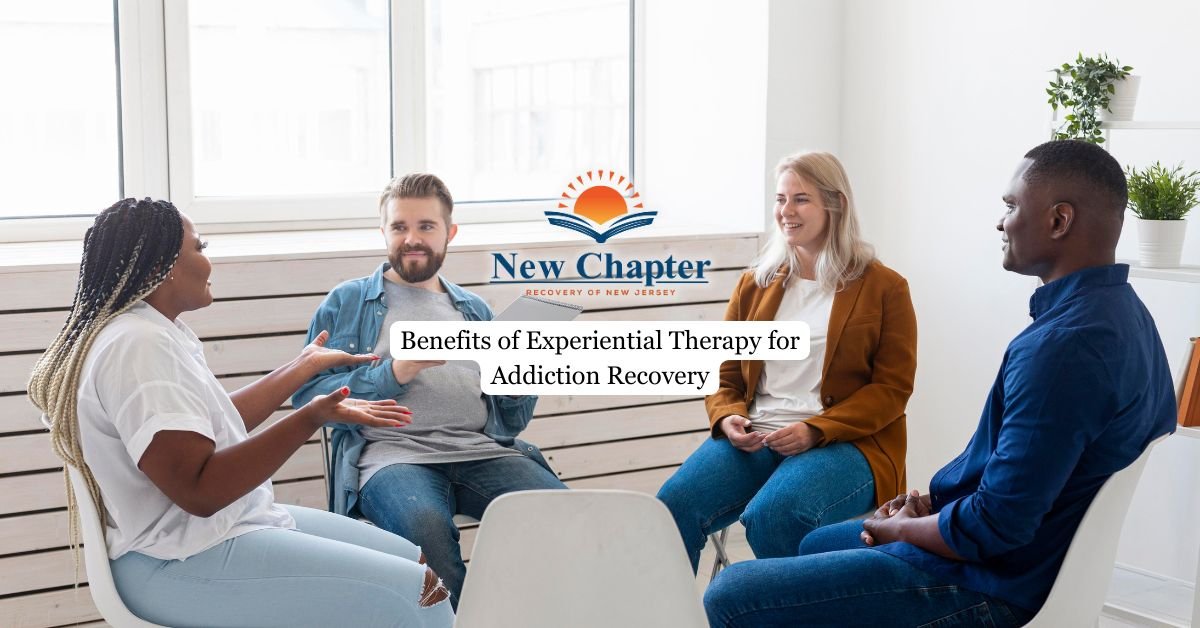
Benefits of Experiential Therapy for Addiction Recovery
Experiential therapy uses activities like art, music, and animal interaction to help process emotions, build coping skills, and boost engagement in addiction recovery.

Ritalin and Your Mood: What You Need to Know
Ritalin improves focus in ADHD and narcolepsy but can also affect mood—sometimes positively, sometimes with irritability or mood swings. Understanding its impact helps ensure emotional stability during treatment.
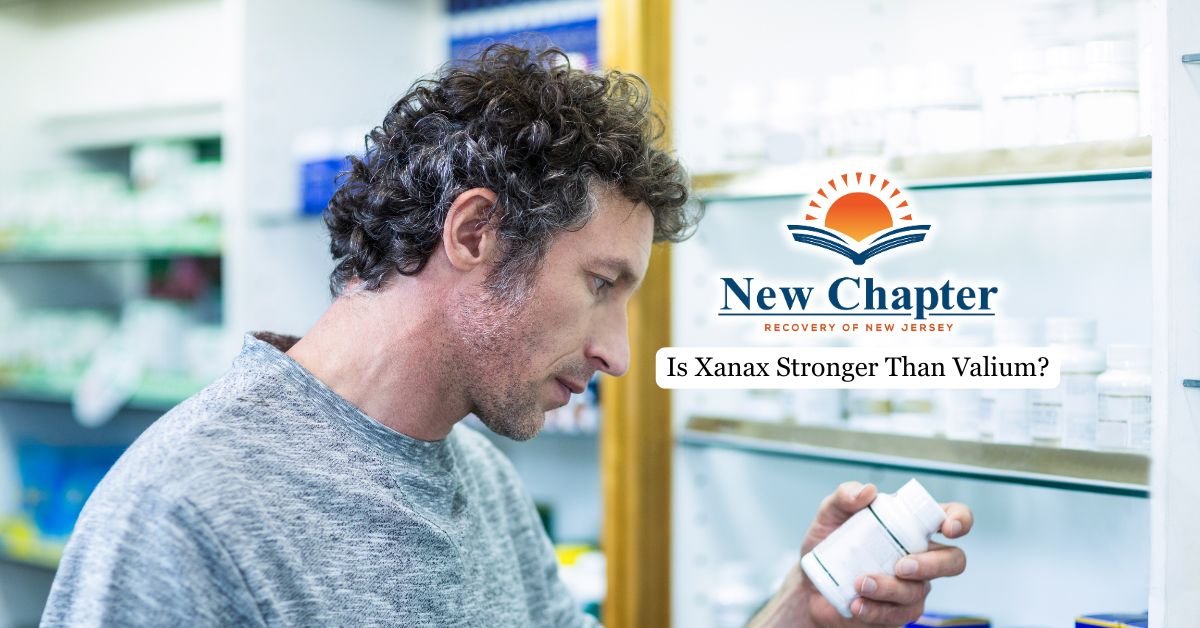
Is Xanax Stronger Than Valium?
Xanax and Valium are both benzodiazepines used for anxiety, but differ in potency, duration, and clinical use. Learn how each works, their risks, side effects, and the importance of safe, guided withdrawal.

Four Core DBT Modules
DBT helps individuals manage emotions, reduce relapse risk, and build healthier relationships through four core modules: mindfulness, distress tolerance, emotion regulation, and interpersonal effectiveness.

What Is HALT in Addiction Recovery?
The HALT method—Hungry, Angry, Lonely, Tired—helps individuals in recovery recognize emotional triggers and practice self-awareness to prevent relapse and support long-term sobriety.
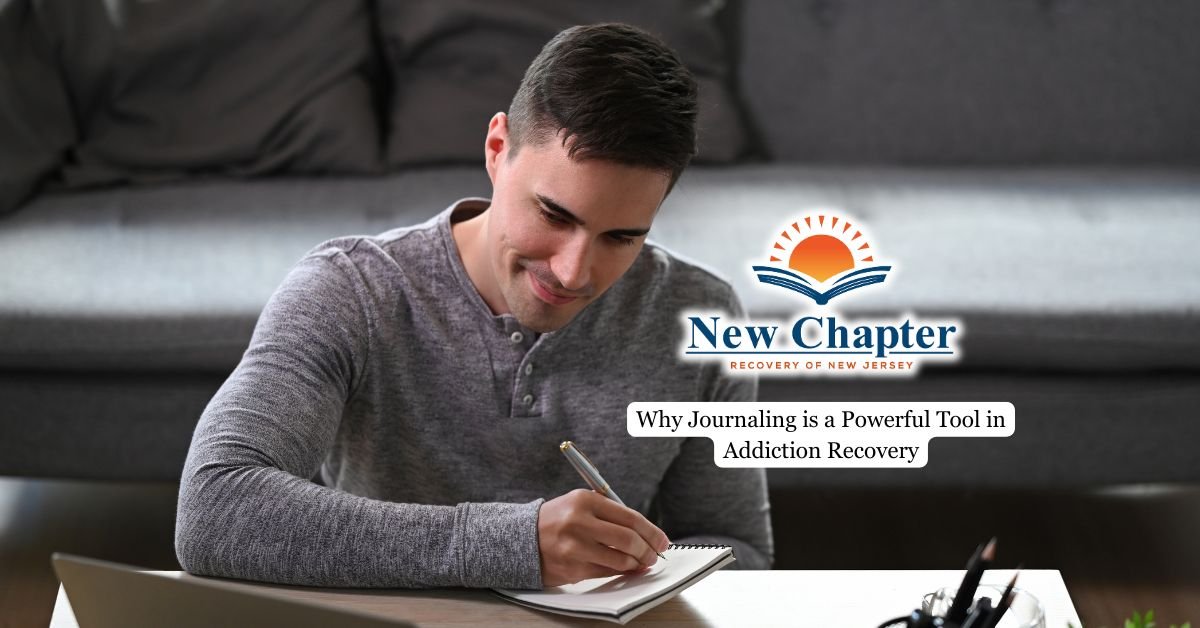
Why Journaling is a Powerful Tool in Addiction Recovery
Journaling supports addiction recovery by fostering emotional clarity, tracking triggers, and strengthening coping strategies—becoming a powerful tool for long-term healing.
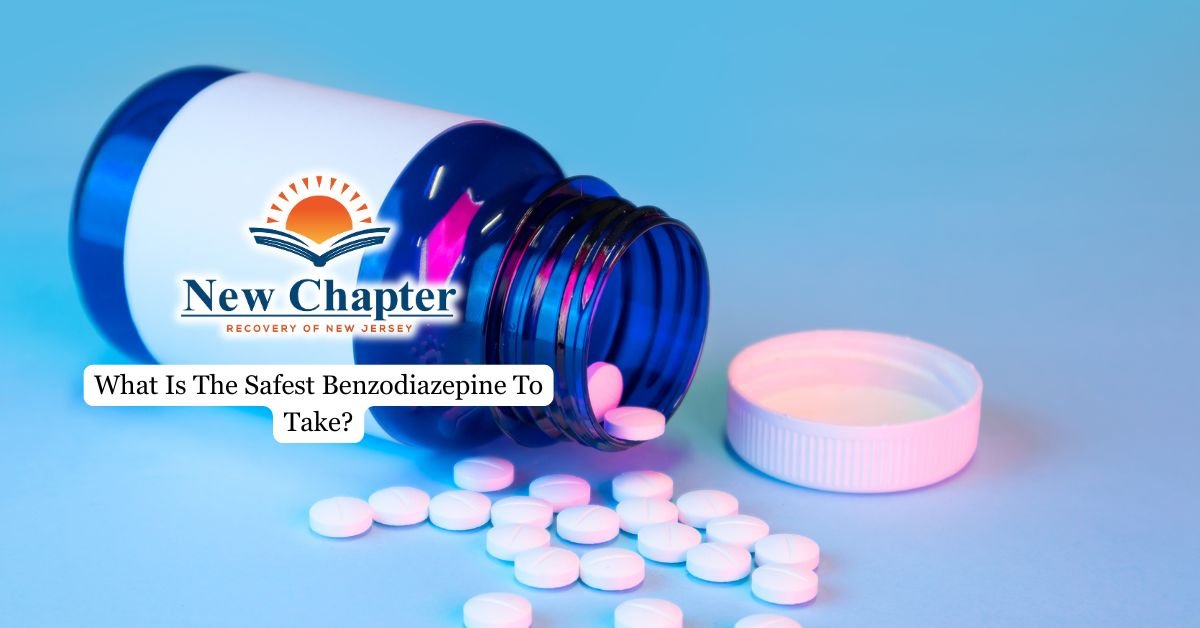
What Is The Safest Benzodiazepine To Take?
No benzodiazepine is risk-free, but some—like oxazepam, clonazepam, and diazepam—have safer profiles for specific uses. Understanding their effects and tailoring use to patient needs can reduce dependence, withdrawal, and overdose risks.
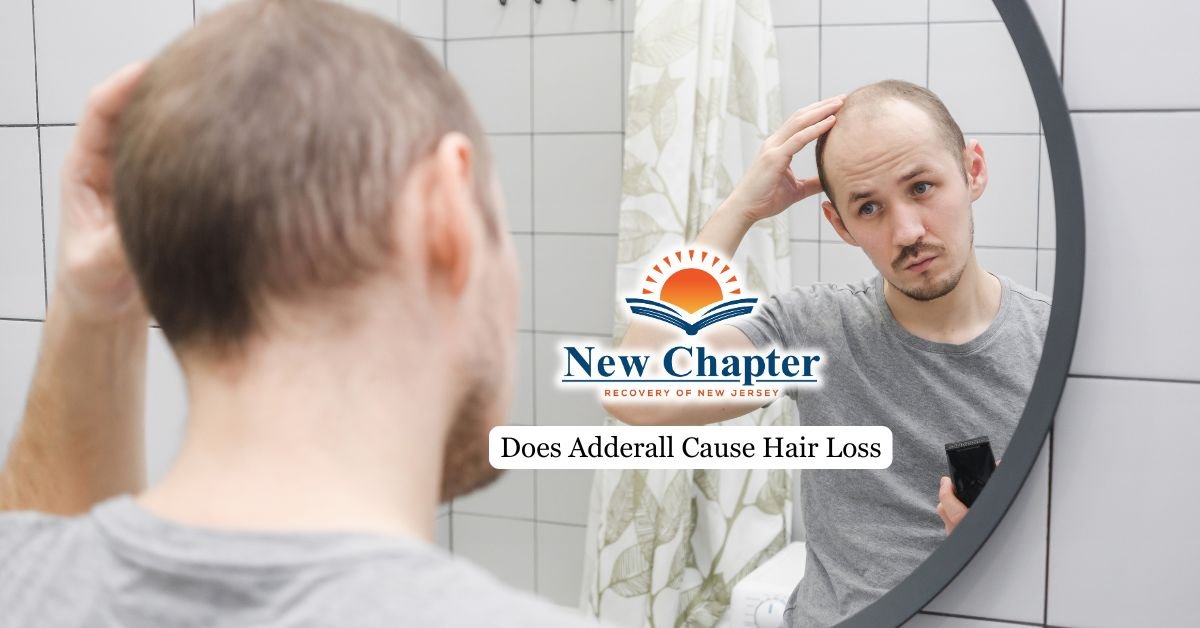
Does Adderall Cause Hair Loss
Hair loss from Adderall is a growing concern. While not a common side effect, factors like stress, appetite loss, and misuse may contribute. Learn causes and solutions.

Ways to Prevent Adderall Crash
An Adderall crash is a set of withdrawal symptoms—like fatigue, irritability, and low mood—that occur when the drug wears off. Learn the causes, prevention strategies, and how professional support can ease recovery.
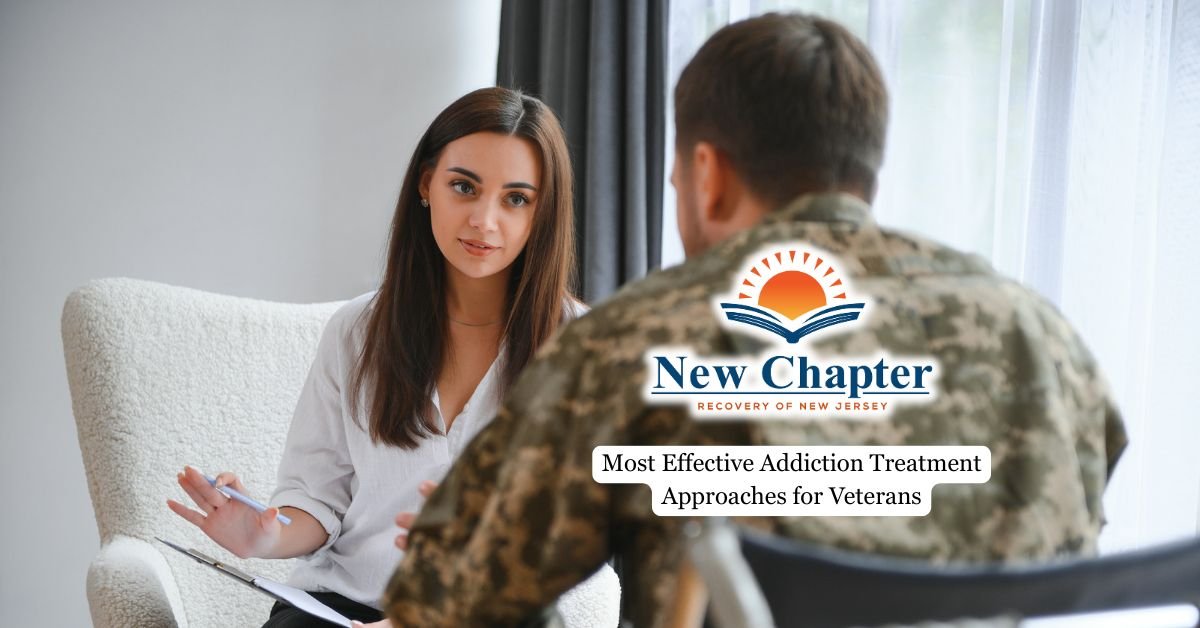
Most Effective Addiction Treatment Approaches for Veterans
Veterans face unique addiction challenges, often linked to PTSD and trauma. Learn how tailored, integrated treatment approaches support long-term recovery and healing.

What Professions Have the Highest Rates of Drug Abuse?
Some jobs have higher rates of drug and alcohol abuse due to stress, trauma, and access to substances. This article explores the professions most affected and the unique risk factors tied to addiction in the workplace.
Let's Talk
Don’t be afraid to reach out to our professional and passionate team. A caring professional is waiting to be your guide in treating and managing your mental health disorder.
Call Us: (551) 353-2484

